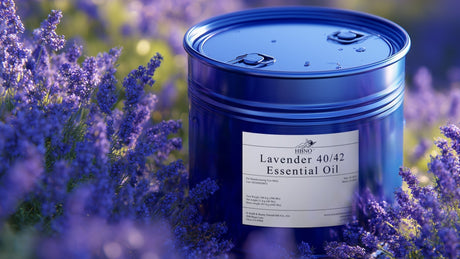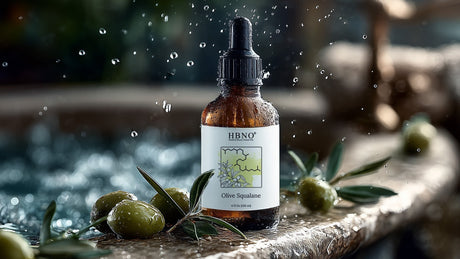The skincare industry is rapidly evolving and compliance is becoming a dominant theme. As the industry evolves, so do the expectations of consumers and the regulations that govern the industry. The Modernization of Cosmetics Regulation Act (MOCRA) placed compliance under an even greater imperative. All skincare businesses, regardless of size, from indie startups to global manufacturers, must now seriously prioritize compliance and MOCRA expectations.
In this article, we will address three aspects of skincare compliance: batch tracking, traceability, and MOCRA. We will also explore how while using Inventora, compliance can shift the focus of smaller brands to growth.
What is Batch Tracking?
Batch tracking is the practice of assigning a unique batch number to each described production cycle of skincare products. This batch number ties a finished item to particular ingredients and production methods used on specific dates.
Why is it so important for skincare production to have batch tracking?
In the skincare production process, tracking information is helpful for:
-
Recalls: If a safety issue arises, affected products can be isolated quickly.
-
Quality control: Track production runs to identify process improvements.
-
Expiration management: Monitor shelf life and avoid selling expired items.
What are the common methods of setting batch numbers?
In most cases, batch numbers are sequenced by:
-
Date codes (e.g., year and month of production).
-
Lot numbers linked to ingredient shipments.
-
Production identifiers for internal tracking.
As an example, a batch code of 2309-LN12 could mean September 2023, Lot #12. This way, if a problem arises, brands will know exactly which customers received products from that batch.
Different types of batch processing
-
Manual systems: These can work for small businesses, but are more likely to produce mistakes.
-
Digital batch tracking: These are automated systems that can be adjusted to production scales while ensuring compliance and accuracy.
What is Traceability, and why is it important?
Traceability is a more comprehensive view of batch tracking across the supply chain.
-
Ingredient traceability: Understanding which supplier’s oil, extract, preservative, and other materials go into a product along with proof of certifications like organic and fair trade.
-
Product traceability: Knowing which consumers received products from each run.
Why does traceability matter?
-
For Consumer Trust: Customers want to see proof that ingredients are certified safe, authentic, and sourced responsibly.
-
For Regulatory Readiness: Full traceability guarantees that you will pass audits and inspections.
-
For Risk Reduction: If a product has contamination, you can execute a recall and accurately identify the contaminated product.
What is MOCRA Compliance?
Signed into law in 2022, the Modernization of Cosmetics Regulation Act is the biggest update the U.S. cosmetic industry has seen in decades.
Key requirements include:
-
Facility registration with the FDA.
-
Product listing for all marketed cosmetics.
-
Safety substantiation for ingredients and formulas.
-
Adverse event reporting if consumers report health issues.
-
Recordkeeping for traceability and compliance.
Why does MOCRA matter: Failure to comply can lead to recalls, fines, or even bans from the U.S. market.
Small vs. Large Skincare Businesses
-
Small businesses (< $1M annual revenue): Exempt from some MOCRA requirements but still responsible for product safety records, ingredient reporting, and adverse event tracking.
-
Large businesses (> $1M annual revenue): Full compliance required, with stricter oversight and higher liability.
Why even small brands should care: Starting best practices early—like batch tracking and traceability—prepares businesses for future growth and protects against risks, no matter their size.
How Inventora Can Help
Inventora is an inventory and batch management platform designed for makers and manufacturers in skincare, cosmetics, and wellness.
Features that align with compliance needs:
-
Automated batch numbering: No more manual tracking errors.
-
Ingredient traceability: Track suppliers, certifications, and usage across products.
-
Compliance-ready documentation: Maintain accurate records for MOCRA audits.
-
Expiration and recall management: Flag inventory before it expires and isolate affected batches instantly.
Benefits of using Inventora:
-
Automated processes save time.
-
Costly compliance issues can be prevented.
-
Trustworthiness is created through production that is traceable and transparent.
Conclusion: Compliance as a Growth Strategy
Batch specific skincare and other products will build a framework for your company as a safe and trusted skincare brand. Moving forward with MOCRA for compliance will improve safety standards and your brand will earn the compliance badge.
Best systems make a difference, and whether you’re a growing indie label or a large manufacturer, you’ll need the right systems. With Inventora, skincare businesses can remain compliant, protect their brand, and continue to focus on product creation that their clients love.


